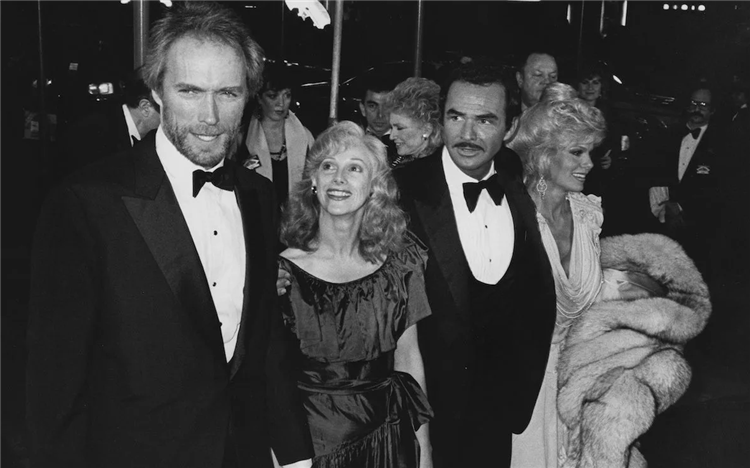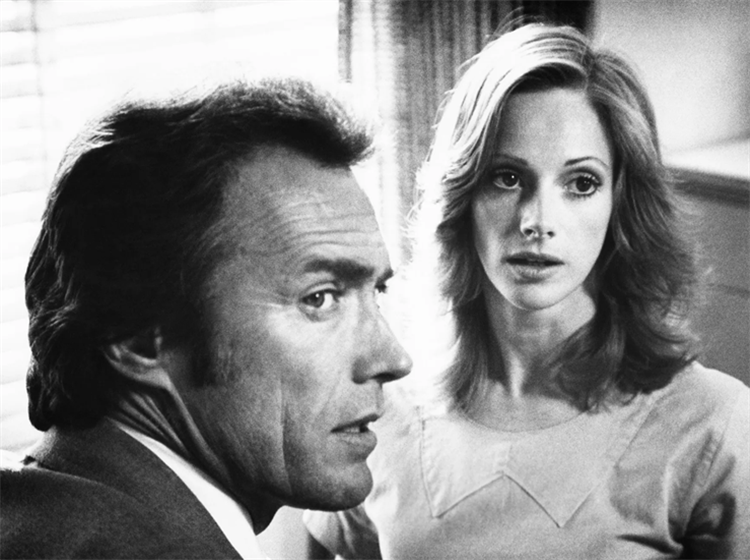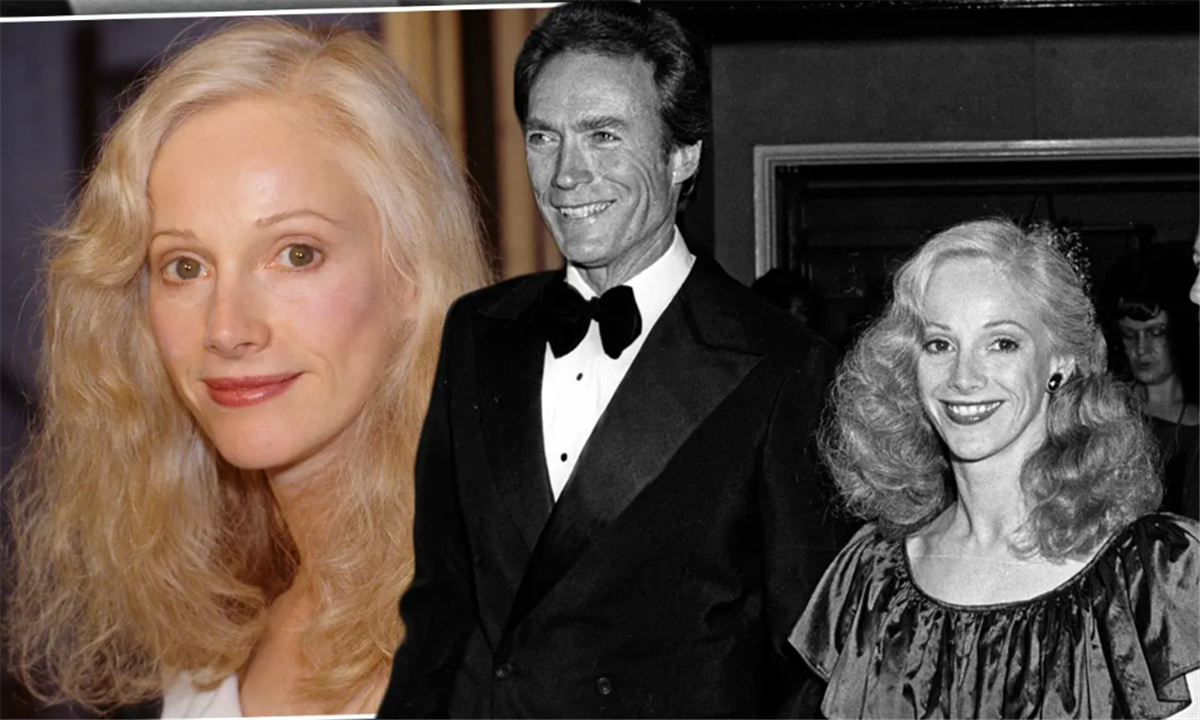Clint Eastwood has tried to keep his relationships and family life private throughout his career, though information has surfaced over the years. For example, it’s not even publicly known how many children he’s fathered—at least one of his children didn’t know he was her father until she was an adult. But as much as the star has managed to keep quiet, his long-time affair with actor and director Sondra Locke was splashed across headlines back in the ’90s.
After their 14-year relationship ended, Locke filed two lawsuits against her ex. In the first, she requested palimony. In the second, she claimed that he had purposely sabotaged her career instead of abiding by the judgment in the first lawsuit. Read on to find out more about Locke and Eastwood’s contentious breakup and why she believed that he got in the way of her making films.
Locke and Eastwood began their relationship when they worked on 1976’s The Outlaw Josey Wales together, though they had met earlier. At the time, Eastwood had been married to his wife, Maggie Johnson, since 1953. Locke had been in a marriage of convenience since 1967 with her friend Gordon Anderson, who was gay. Even though both were legally bound to other partners, their affair was common knowledge. (Eastwood and Johnson divorced in 1984; Locke and Anderson remained married until her death.)
During their relationship, Locke and Eastwood lived together. They also acted in several movies together, including The Gauntlet and Sudden Impact.
Their relationship came to a dramatic end.

Eastwood and Locke’s relationship ended in 1989 while she was directing her second movie, Impulse. According to You Must Remember This, their relationship began to crumble during the production of Locke’s previous movie, 1986’s Ratboy, because Eastwood was controlling about casting, editing, and the script. “As a director, I could not be daddy’s perfect little girl,” Locke later said of Eastwood, as reported by the podcast.
While she was working on Impulse, Eastwood reportedly asked Locke to move out of their home and then had the locks changed. Per You Must Remember This, he purchased the house for Locke as consolation for not wanting to have children with her. She terminated two pregnancies when they were together, though Eastwood denied pressuring her to do so.
Anderson lived on the property, which was also a point of contention.
Eastwood told The Independent in 1997, “She spent 98 to 100 per cent of her time coddling Anderson. On my end, I was bored with it. At some point, you go, ‘I want a normal relationship in life. I want a girl for me.’”
Locke sued for palimony.

When it was clear that the relationship was over, Locke requested that her lawyer sue for palimony—like alimony, but for unmarried couples—in order to regain possession of the home she said Eastwood bought for her.
The palimony lawsuit ended in a settlement. According to The Independent , Locke received the home, $450,000 for work done at Eastwood’s production company, and a $1.5 million production deal at Warner Bros., the studio with which Eastwood regularly worked. She later claimed he retaliated by blocking her films.
Locke was granted the $1.5 million Warner Bros. deal as part of the palimony settlement, but it did not come to fruition in the way she expected. While she received the money, she said that she pitched more than 30 projects to the studio that were all turned down, as reported by the Los Angeles Times. According to the report, Eastwood had financed the deal himself, which Locke said she didn’t know. She then sued him for fraud, claiming he ruined her career by promising her a deal to make movies that never actually happened.
The case went to trial in 1996, but when the jury was in their second day of deliberations, a settlement was reached. The amount Locke received was not publicly revealed. But, according to the Los Angeles Times, Locke said that the settlement meant that she wouldn’t “have to worry about working.” But, she added, “This was never about money. It was about my fighting for my professional rights.” Locke also said that the outcome sent the message “that people cannot get away with whatever they want to, just because they’re powerful.”
Meanwhile, Eastwood told reporters prior to the settlement, “It’s pulp fiction. It’s all about money … about getting something for nothing.” After the settlement was reached, his lawyer said, “I think he’s quite content with this settlement because it allows him to go on with his life.”
Jury members told the LA Times that they were already decided in favor of Locke and discussing how much money they believed was fair to award her.
Locke also reached a settlement with the studio.
In 1999, Locke reached a settlement with Warner Bros. regarding the Eastwood deal. According to the LA Times, the settlement did not just involve money but also opportunities for Locke as a filmmaker.
“It involves a business arrangement beneficial to Ms. Locke. She’s going to be paid for her services—we believe handsomely,” her lawyer said. A lawyer for Warner Bros. said, “We’re happy too,” in regards to the outcome.
That said, Locke did not go on to direct any movies for the studio. The last film she directed was 1997’s Trading Favors. Her final film role as an actor prior to her 2018 death was in 2017’s Ray Meets Helen.
